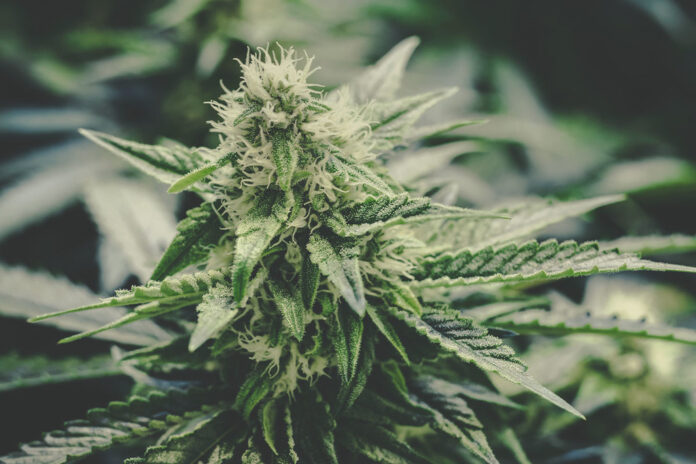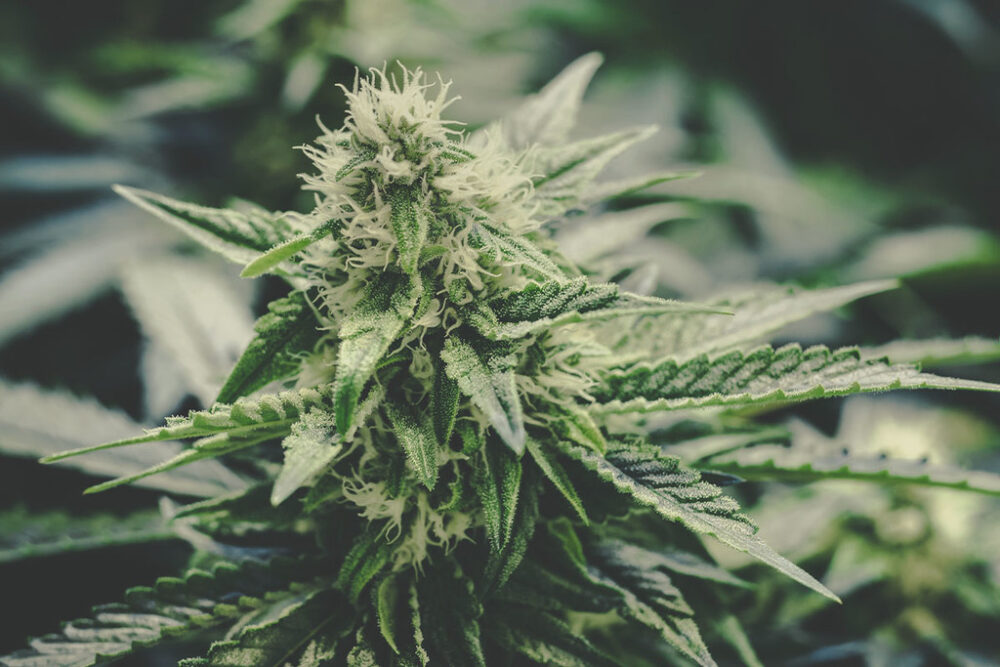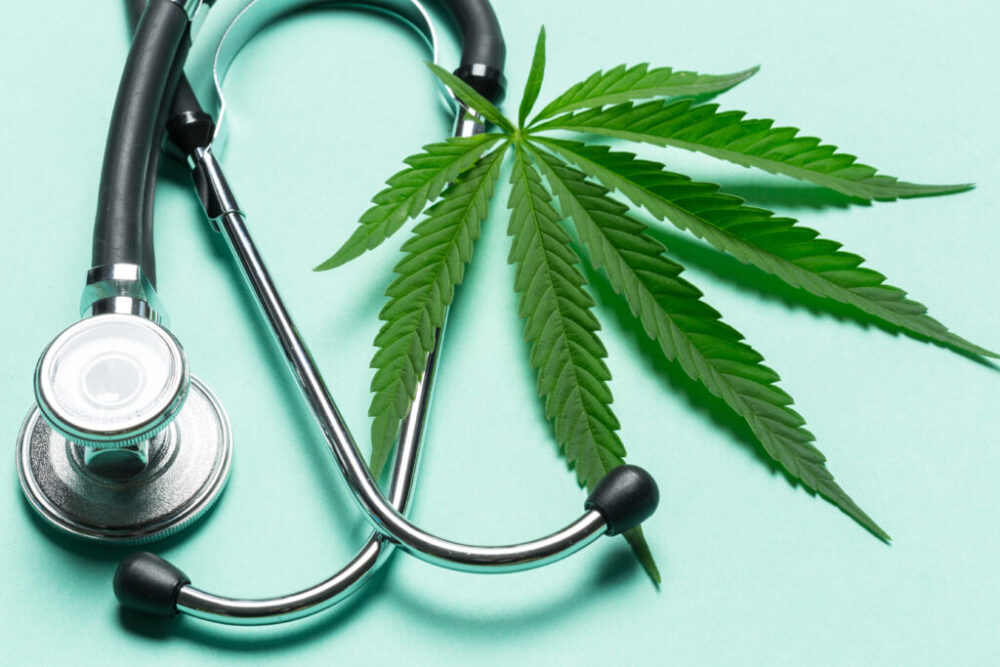
In the ever-evolving landscape of modern medicine, few topics stir more debate than the pros and cons of medical marijuana. As various states and countries worldwide continue to legalize cannabis for therapeutic purposes, it’s essential to take an informed look at both the benefits and drawbacks of this natural remedy. This comprehensive guide will explore the medical marijuana pros and cons to help readers better understand this complex and multifaceted issue.
Understanding Medical Marijuana
Medical marijuana, also known as medicinal cannabis, involves the use of the Cannabis Sativa plant, or its essential extracts, as a form of therapy. The use of this natural remedy traces its roots back thousands of years when ancient cultures exploited its therapeutic benefits. Today, it has re-emerged in modern medicine, providing an alternative treatment for symptoms and diseases that some argue conventional medicine may not adequately address.
Medical marijuana isn’t about the recreational ‘high’ associated with cannabis use but about harnessing the health benefits of over 100 different chemical compounds, known as cannabinoids, found in the marijuana plant. Two of the most well-known and well-researched cannabinoids are THC (tetrahydrocannabinol) and CBD (cannabidiol). THC has psychoactive properties that induce the ‘high’ feeling, while CBD is non-psychoactive and has been linked with various health benefits.
Pros of Medical Marijuana

Symptom Management
Undeniably, one of the most significant pros of medical marijuana lies in its potential for comprehensive symptom management. It has been shown to aid in alleviating chronic pain – an issue that affects over 50 million adults in the United States alone. The cannabinoids in cannabis can interact with the body’s endocannabinoid system, helping to reduce inflammation and interrupt the transmission of pain signals to the brain.
Conditions such as cancer, multiple sclerosis (MS), and HIV/AIDS often entail chronic pain, nausea, and muscle spasms. In these instances, medical marijuana can offer substantial relief. It also provides hope for individuals dealing with neuropathic pain, a notoriously challenging condition to treat effectively. This kind of pain is often associated with diabetes, spinal cord injuries, and other neurological conditions. Here, medical marijuana presents an alternative to traditional pain medications, which often carry a higher risk of dependency and side effects.
Potential Epilepsy Treatment
In the realm of neurological disorders, another profound benefit of medical marijuana is its effectiveness in treating severe forms of epilepsy. Disorders such as Dravet syndrome and Lennox-Gastaut syndrome can cause debilitating seizures in both children and adults, often resistant to traditional antiepileptic drugs. Enter CBD, a non-psychoactive compound in cannabis. Through several clinical studies, CBD has demonstrated significant potential in reducing the frequency and severity of seizures. This research culminated in the FDA’s approval of Epidiolex, a CBD-based drug used for these conditions, marking a significant milestone in medical marijuana research.
Mental Health Applications
The mental health applications of cannabis represent another important facet of its potential benefits, albeit a contentious one. The relationship between cannabis and mental health is complex and not fully understood. Some evidence suggests that medical marijuana could assist patients with mental health disorders like post-traumatic stress disorder (PTSD) and anxiety.
For instance, studies have shown that certain cannabis strains, especially those high in CBD and low in THC, can help alleviate symptoms of anxiety. PTSD is another condition where medical marijuana has shown promise. Some researchers theorize that THC may help individuals with PTSD by aiding the extinction of traumatic memories. However, these potential benefits should be balanced against potential risks. For some individuals, especially those with a predisposition to other mental health conditions, cannabis could potentially exacerbate symptoms, highlighting the need for careful, personalized treatment plans under the guidance of a healthcare professional.
Palliative Care
When it comes to terminal or chronic illnesses, medical marijuana can be an essential tool in palliative care. In situations where curative treatment is no longer a feasible option, the focus shifts to enhancing the patient’s quality of life. This is where medical marijuana truly shines.
For cancer patients undergoing chemotherapy, side effects such as nausea, vomiting, and loss of appetite can be as debilitating as the disease itself. Medical marijuana can help counter these side effects, stimulating appetite, reducing nausea, and providing pain relief. By alleviating these symptoms, it can dramatically improve the overall quality of life for patients in palliative care, helping them navigate their illness with greater comfort and dignity.
In essence, the potential benefits of medical marijuana are vast, with applications across a wide spectrum of conditions. However, it is essential to remember that like all treatments, its use must be tailored to individual patient needs, carried out under expert supervision, and balanced against potential risks. This calls for continued research and open conversation between patients, healthcare providers, and policymakers.
Tackling Opioid Crisis
One significant potential benefit of medical marijuana is its potential role in tackling the opioid crisis. Chronic pain is one of the most common reasons adults seek medical attention, and it’s often treated with prescription opioids, which carry a high risk of addiction and overdose. Medical marijuana could provide a safer alternative. Studies have shown that in states where medical cannabis laws are in place, there is a significant reduction in opioid prescriptions, suggesting a possible role for marijuana in pain management strategies.
Cannabis’s potential as an opioid alternative is not limited to pain management alone; it could also be beneficial in treating opioid addiction itself. Preliminary research suggests that medical marijuana might help lessen opioid withdrawal symptoms, though more research is needed in this area.
Neurodegenerative Diseases
Medical marijuana may also play a role in managing neurodegenerative diseases. Disorders like Parkinson’s disease, Alzheimer’s disease, and Huntington’s disease often result in a progressive loss of nerve function, which can lead to symptoms such as uncontrolled movement, loss of cognition, and behavioral changes.
Some studies suggest that the anti-inflammatory and antioxidant properties of cannabinoids may protect the brain cells from damage and support their health, potentially slowing the progression of these diseases. Additionally, medical marijuana can help manage symptoms such as pain and sleep disturbances common in patients with neurodegenerative diseases.
Cons of Medical Marijuana

While the pros of medical marijuana are significant, the potential cons must also be considered to provide a balanced perspective.
Potential for Addiction and Abuse
One of the primary cons of medical marijuana is the potential for abuse and addiction. Marijuana, like any substance that affects brain function, can lead to substance use disorder. According to the National Institute on Drug Abuse, approximately 9% of marijuana users become addicted, a rate that increases among daily users and those who start using at a young age.
Short-Term Side Effects
Another consideration when discussing the cons of medical marijuana are its short-term side effects, which may include impaired short-term memory, altered judgment, and decreased coordination. These side effects can pose risks, particularly for individuals who need to drive or operate heavy machinery.
Long-Term Health Implications
Long-term use of medical marijuana can have several health implications, including respiratory issues (if smoked), cognitive impairment, and potential mental health complications, such as worsening anxiety or inducing paranoia in certain individuals.
Limited Research
Lastly, the lack of extensive and long-term research is a significant disadvantage of medical marijuana. While there are many anecdotal claims and preliminary studies, the scientific community is still catching up in terms of comprehensive and definitive research.

Conclusion
The discourse around the pros and cons of medical marijuana is multifaceted and dynamic, touching on domains of science, ethics, law, and personal choice. Without a doubt, the potential benefits of medical marijuana are significant and promising. Its use can result in substantial relief for many patients who have not found success with conventional treatments, offering hope and improved quality of life.
However, as with any medicinal substance, medical marijuana is not without its potential drawbacks and risks. The possibility of addiction and abuse, the impact on cognitive function, and the potential for other health implications over long-term use are all concerns that warrant attention. Furthermore, the lack of extensive, long-term, and definitive research leaves room for unknowns.
Even as we acknowledge the impressive potential of this natural remedy, it is essential to also recognize that like all medicines, it is not a one-size-fits-all solution. Its efficacy and safety can significantly vary depending on individual factors such as the patient’s overall health, genetic predispositions, the specific illness or symptom being treated, and the particular strain or composition of the marijuana used.
For individuals contemplating medical marijuana as a treatment option, it is paramount to engage in an open, informed dialogue with healthcare providers. By discussing potential benefits, potential risks, and possible alternatives, patients can make informed decisions that align with their specific health needs and personal values.
In conclusion, the story of medical marijuana is still being written. It is a tale that reminds us of the dynamic interplay between science and nature, and the ongoing quest for better, more compassionate, and more holistic treatments in the pursuit of human health and wellbeing.








